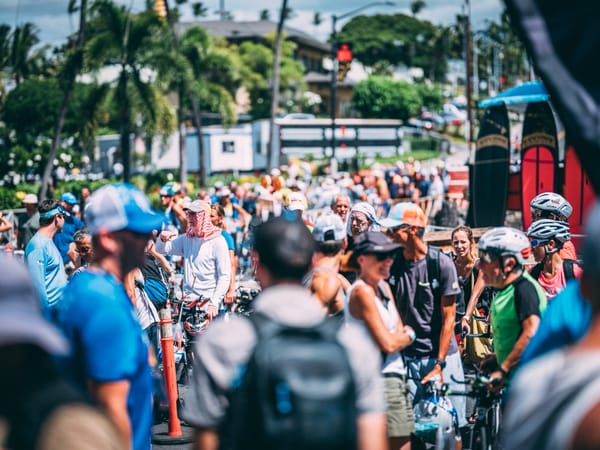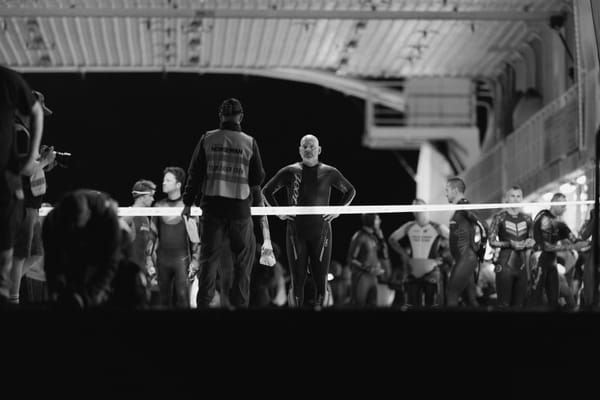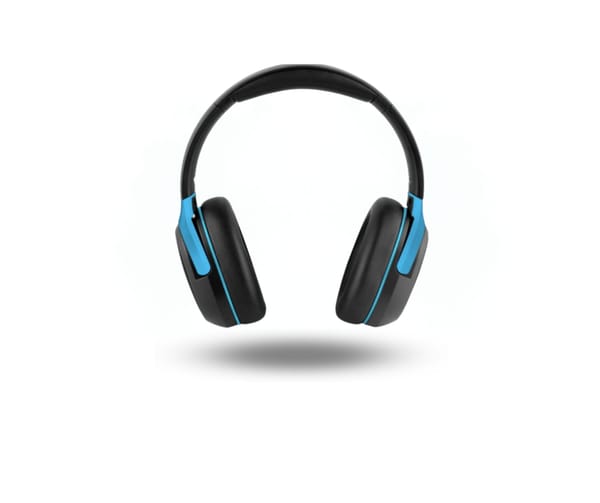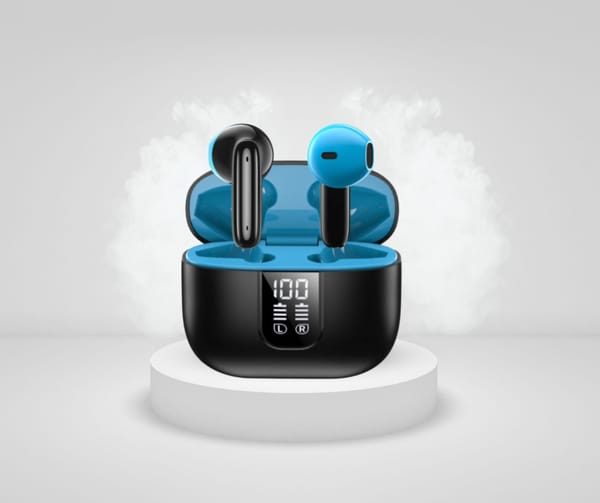Are You Addicted to Triathlon?
Triathlon is a vehicle that delivers in many ways. As a hobby, it provides us with challenges, rewards, physical changes and achievement. But for a large number of us it becomes more than just a hobby, it becomes the major player in our day-to-day lives and we become consumed. What starts off as a f

Triathlon is a vehicle that delivers in many ways. As a hobby, it provides us with challenges, rewards, physical changes and achievement. But for a large number of us it becomes more than just a hobby, it becomes the major player in our day-to-day lives and we become consumed.
What starts off as a friendly dare – to enter your first race, soon spirals out of control to the point where you’re thinking about it 24/7. Yes, commitment and dedication are key to success but not to the extent where you know nothing else. Imagine if triathlon were taken away from you tomorrow, what would you do?
I’m going to take you through a few tips to maintain that healthy balance, so you can avoid triathlon becoming an unhealthy addiction.
Have friends outside of Swim, Bike & Run
The time and effort we spend training can be made a lot more bearable when shared with others. With the highs and lows that we experience it’s nice to have friends who share our enthusiasm for a new piece of kit, our excitement for the next race or our fatigue during a heavy training block. So naturally, our training partners become the people we spend the most time with. However having a circle of friends who are only triathletes, can also become very competitive, comparative and sometimes even claustrophobic.
Maintaining friendships outside of triathlon is vital to ensuring that balance. Believe it or not there is a world outside of our triathlon ‘bubble’! It can be quite sobering to spend time with other people who actually don’t care what power you just rode, or how far you’re about to swim. Talking about something other than triathlon can be refreshing.
Health should always come before Performance
We’ve all been there, you’ve felt a little niggle or you’re running a temperature, but you think ‘Oh, one session won’t hurt’ and before you know it you’re laid up in bed for two weeks. The trouble with us Type-A’s is that we don’t know when to say “No!” and that can land us in dangerous territory.
It’s fair to say I think we all know someone who has been riding that path for too long. Maybe they have been diagnosed with adrenal fatigue, they’ve had injury after injury or they’ve burnt out.
Mental health has been even more prominent in the media recently and regardless of our athletic ability and the goals we set it’s important not to ignore. When we become consumed we can allow an overwhelming amount of pressure take over -the pressure to succeed against all odds.
So when we become focused on a race and completing all our sessions it’s important to also remember that we need to think about what is best for our body and mind, long-term. If we want to keep doing triathlon for 10, 20, 30 years to come, adopting this ‘training smarter’ approach is essential for our wellbeing.
Don’t neglect your relationships
The majority of us are lucky enough to have the support of a partner, parents, children or siblings. As your ‘support crew’ they come to watch you race, put up with you always being tired and are woken by your alarm at 4.30am six days a week. They are the ones who have to listen to what training sessions you have or what times you have done.
Lots of us with have partners or families who are sacrificing a lot so we can chase our dreams. Unfortunately, many of us know someone whose personal relationships have suffered because of triathlon. Training takes you away from the home for large portions of time, so when you are at home it’s important to be present. Make time for doing things together that don’t revolve around your training. Talk about what’s going on with them. Maybe even arrange a weekly date night or family outing.
Prioritise your purchases
Triathlon is not a cheap sport as we have all come to realise. Even if you aren’t investing in the latest bike or wetsuit upgrade, you’re constantly forking out for spares, repairs and training fees. However, when we do give in to our latest purchase, a question that we don’t often ask ourselves (to the relief of retailers) is ‘Does this match my ability?’
I’m not saying that if you’re a mid-pack age group athlete you can’t go for the top of the range equipment, it’s your money and that’s your decision. But make sure you have invested in the things that are going to help you build a better body. This could be a proper bike fit, strength training sessions, nutritional guidance or regular massage.
Think of yourself as a car, if your engine isn’t working, buying a new spoiler isn’t going to make you go faster. By getting these foundations in place the new aero helmet or race wheels you want can be better justified.
Do you use your Training Peaks calendar as your diary?
Don’t let your whole life be dictated by your training schedule. Make sure you have something planned for your week that isn’t training or work. Yes, you have invested a lot of time, money and effort into crossing that finish line but for most of us, triathlon doesn’t pay the bills. If something doesn’t go to plan on race day you don’t want to feel like you wasted the last three months. Take time in your week to step outside the ‘bubble’. This will keep the fire burning, allow you to gain perspective and reset yourself for the week ahead.
This wasn’t intended as shock therapy but more as a tool to keeping things in check. We can become consumed without even knowing it so sometimes a little reality check can be just what we need.






